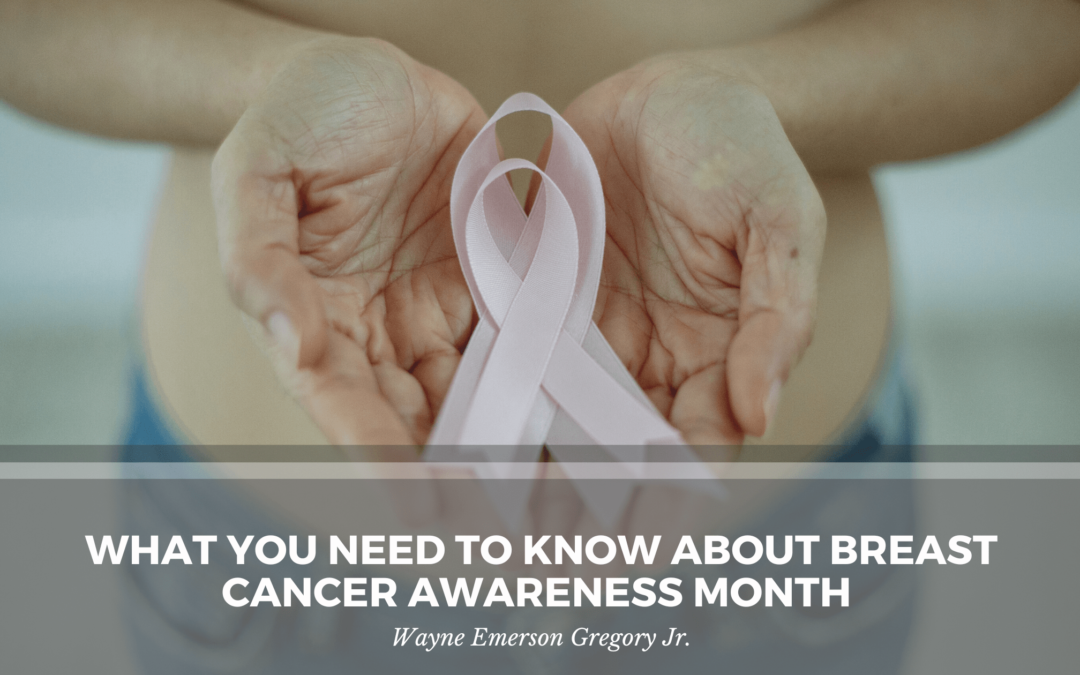October can feel different for each individual. Some people decide to wear pink to celebrate, some observe the month, others feel sadness, and some feel misunderstood. In an effort to make all experiences heard, here’s information you should know about Breast Cancer Awareness Month.
Breast Cancer Awareness Explained
In 1985, the month was established to raise awareness about breast cancer, which affects around one in eight women in the U.S. and around 2.3 million women globally. It’s also known for its pink theme. Various groups and organizations conduct multiple programs and campaigns.
October is also known as breast cancer awareness month to raise awareness about the disease. It aims to help people with various aspects of the disease, such as those diagnosed with metastatic breast cancer. It also encourages people to start taking regular breast cancer screening.
Additional Breast Cancer Awareness
In the U.S., October 13 is designated as Metastatic Breast Cancer Day. This day aims to raise awareness about the disease’s spread by highlighting the need for more research on this type of cancer. Around 30% of breast cancers are eventually diagnosed as metastatic.
Although breast cancer is more commonly seen in women, it can also affect men. President Joe Biden established Men’s Breast Cancer Awareness Week in October. Almost 3,000 men in the country are expected to be diagnosed with this disease, and about 530 are expected to die. The lack of awareness and stigma can prevent people from seeking proper care and detection.
Breast Cancer Awareness Month Debate
Although many people support the concept of breast cancer awareness month, some people, especially those diagnosed with metastatic disease, don’t feel it’s a good idea to celebrate the month. The various activities and events that are held during this month can be very distracting from the absolute need for more effective treatments.
One of the most common complaints about breast cancer is using pink ribbons to promote specific products and services. This practice, known as pinkwashing, is considered unethical and can falsely assume that the products or services marketed toward women have a higher risk of being diagnosed with the disease.
